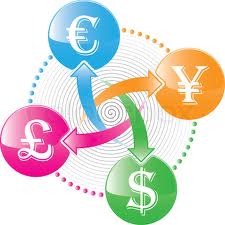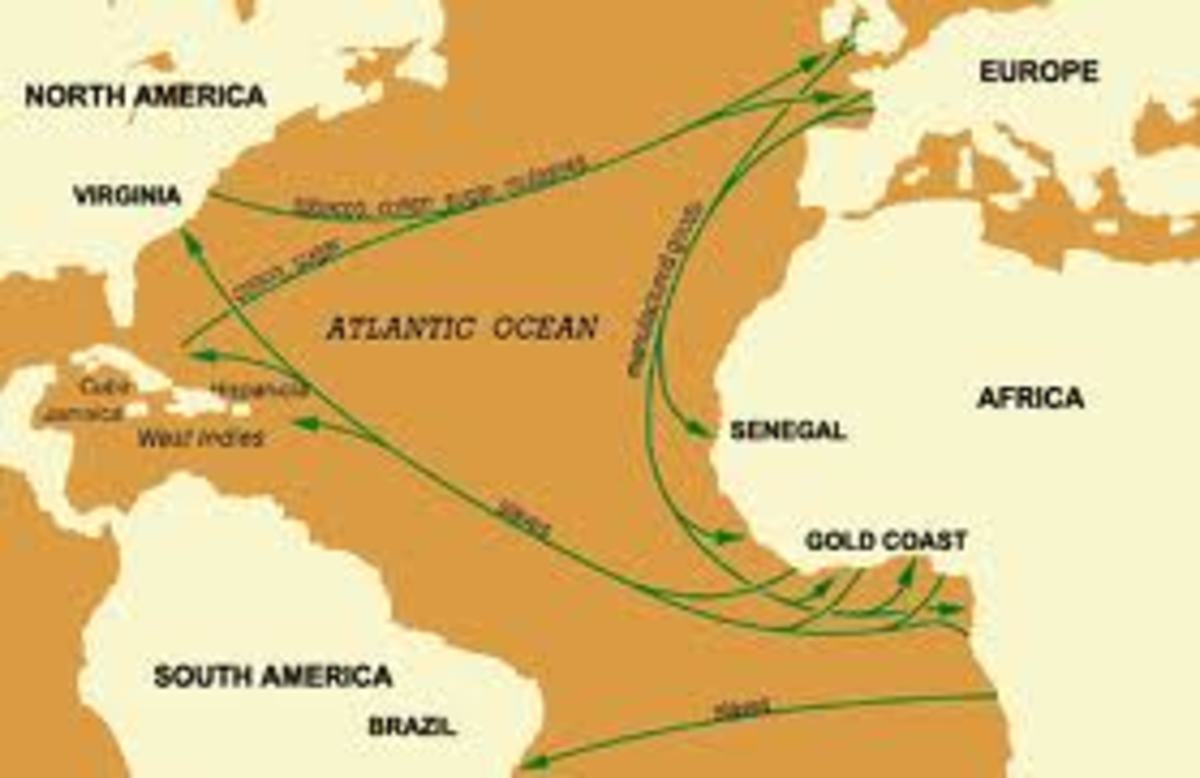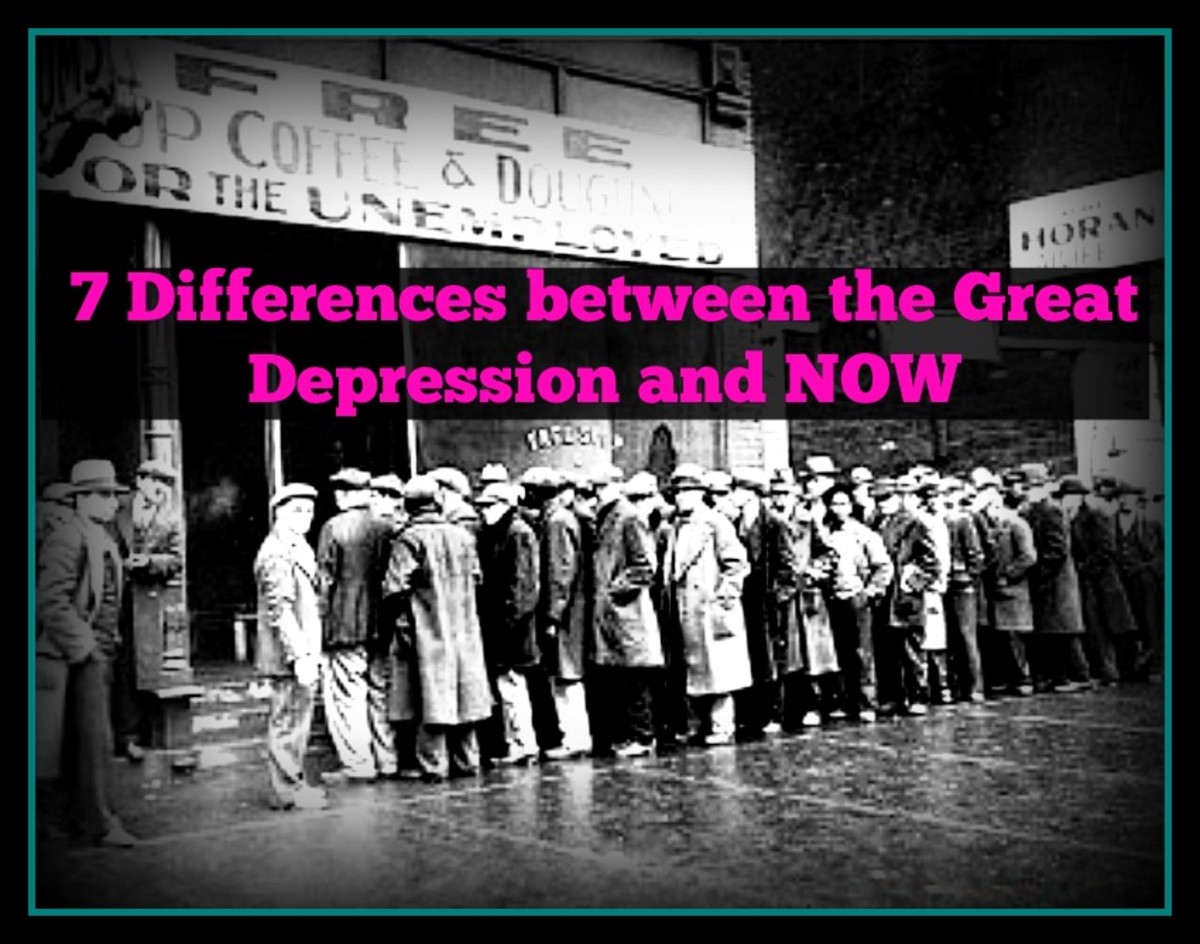The Global Economy, The Collapse of The European Union & The State Of The World

Global Economy
Update: 21/12/11
In recent days the biggest international news stories have no doubt been the withdrawal of the US troops in Iraq, with the hope that they'll come back home before Christmas, as well as the passing away of the North Korean leader, Kim Jung Il with his son, Kim Jong Un to be taking the reigns in the interim.
Economically, it seems that the European Union is still struggling to come to terms with how they'll resolve the debt crisis plaguing much of Europe at the moment with quite a number of non-EU nations also looking to implement austerity measures to curb their spending and ensure they don't default on their loans. With constant headlines of bailout packages, rescue packages and the like, the outlook still isn't looking too positive. Although there's optimism amongst the European political leaders, there's also the failure to understand that injecting funds into struggling economies will only make matters worse, especially when unemployment rates are so high coupled with a weak inflow of funds into the economies by means other than loans and foreign debt. The band aid approach of injecting funds into struggling economies and banks can only last so long before the debt is realised to be as great as it truly is.
My prediction is that there will be tough times ahead for the global economy in 2012. Perhaps there won't be as much tension between global nations as we had recently seen in the Middle East experiencd by Egypt and Libya, but there will certainly be struggling businesses and economies throughout the world. Expect to see interest rates throughout the world take a nose dive, with sharemarkets expected to continue to suffer and plummet even further in mid-2012 as the effects and severity of the global and European debt crises are exposed. If the correct measures were put in place during the 2007-2009 financial crisis, then we wouldn't be experiencing the levels of global debt as we are now in 2011 and further into 2012-2013.
....
So based on recent economic events, we've noticed the Global Financial Crisis which had a drastic effect on the world triggered by the collapse of some major banks in the United States, individuals and businesses failing to pay their debts, and governments and corporations being exposed of a debt greater than was first realised in many situations. So looking back on the past few years since the GFC, has there really been so much of a change in the nature of the world and the global economy?
Although locally, it was obvious to me that Australia didn't experience the same effects as that of the US during the GFC, I always had a thought that Australia will be affected by a post-GFC effect, and it's evident by the daily news headlines. Over the last few months, there have been signs that the growth of property in most regions has either been steady or declined, people are reluctant to spend their earnings, and businesses are facing profit downgrades. Although some of this is attributed to natural disasters, the events have been accumulating for such a long time that any significant events (such as the floods experienced in Queensland), will expose the weaknesses of the Australian economy, with both consumers and business facing hard times.
Internationally, Greece is experiencing debts which almost appear immeasurable at how large and almost unrealistic they seem with protests and riots in the streets signifying the tension experienced by the majority of the population. In the Middle East, we've been exposed to the underlying tension that was faced by Libya, Egypt, Iran and Sudan, to name a few.
We're all aware of the United States and the excessive spending that has gone into moving their troops into Afghanistan and Iraq over the last few years since the September 11 attacks and claims of Weapons of Mass Destruction (WMDs). The United States seems to be following Greece in the level of uncontrollable debt they're currently facing.
So it comes down to the point that there's underlying growing global tension not just in the countries that we read about in the front page news headlines. There's nothing to suggest that there's no underlying tension between North and South Korea. Further to the point, there's nothing to suggest that there is no underlying tension amongst citizens in most countries around the world with government dissatisfaction, uncontrollable debt levels, businesses facing liquidation, unemployment levels increasing and taxes being increased to recoup losses experienced from unnecessary spending.
The underlying global tension will be evident the more time goes on until there's something to bring back the confidence that once was. Looking back on the value of the Euro since it was introduced, we're led to understand the the European economies are facing tough times, as is the rest of the globe. So if the Euro currency constantly drops in value, what results? Will the countries begin pulling out of the European Union after noticing the debt levels of their neighbouring countries? The unfortunate thing is that while economies in the globe are experiencing some of their worst trade, and with the European Union evidently lacking the confidence that was once shown, what's the result for countries including Croatia and Serbia who are looking to join the European Union in hope of economic wealth and stability?
I'd love to hear the opinions of all of you out there. Do you believe there is a growing tension throughout the globe which is only slowly being exposed through the news stories we're receiving in the press? Will the global economy be able to sustain the level of debt that has been self inflicted upon some of the nations throughout Europe and the United States?








